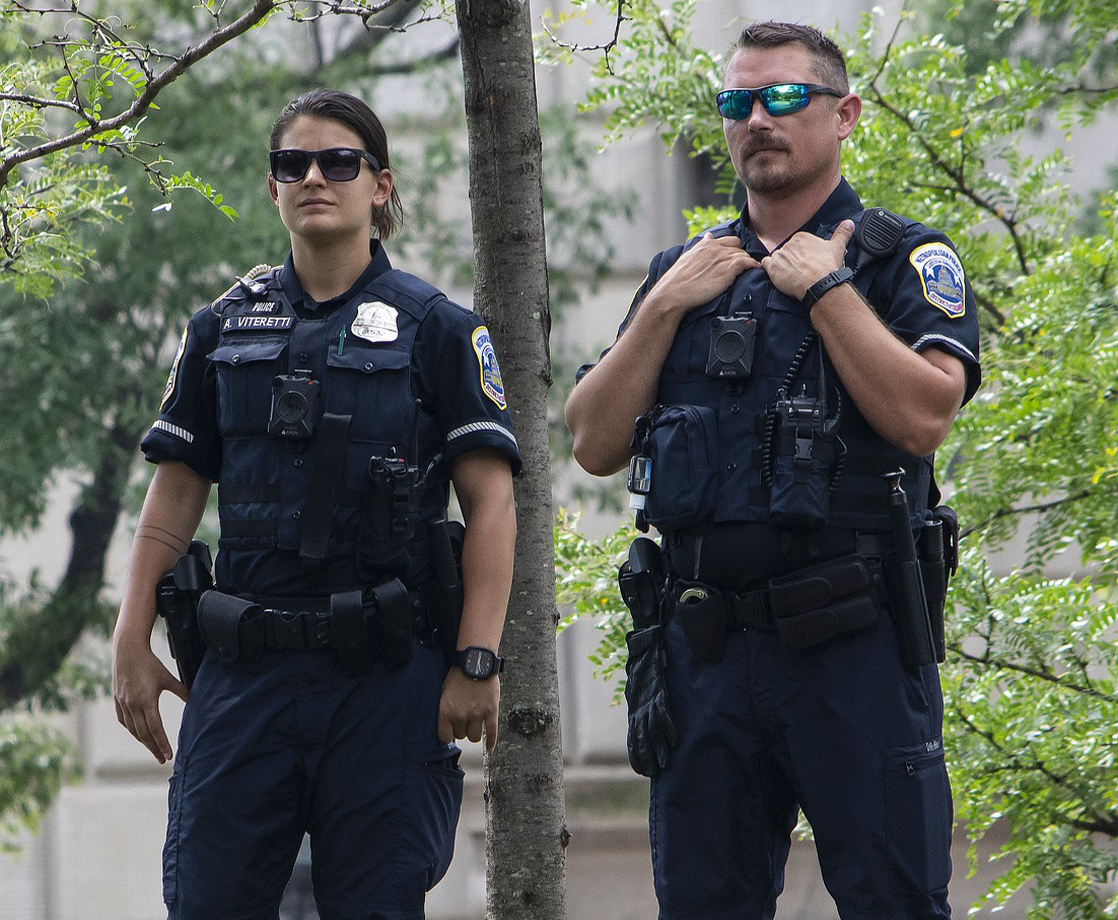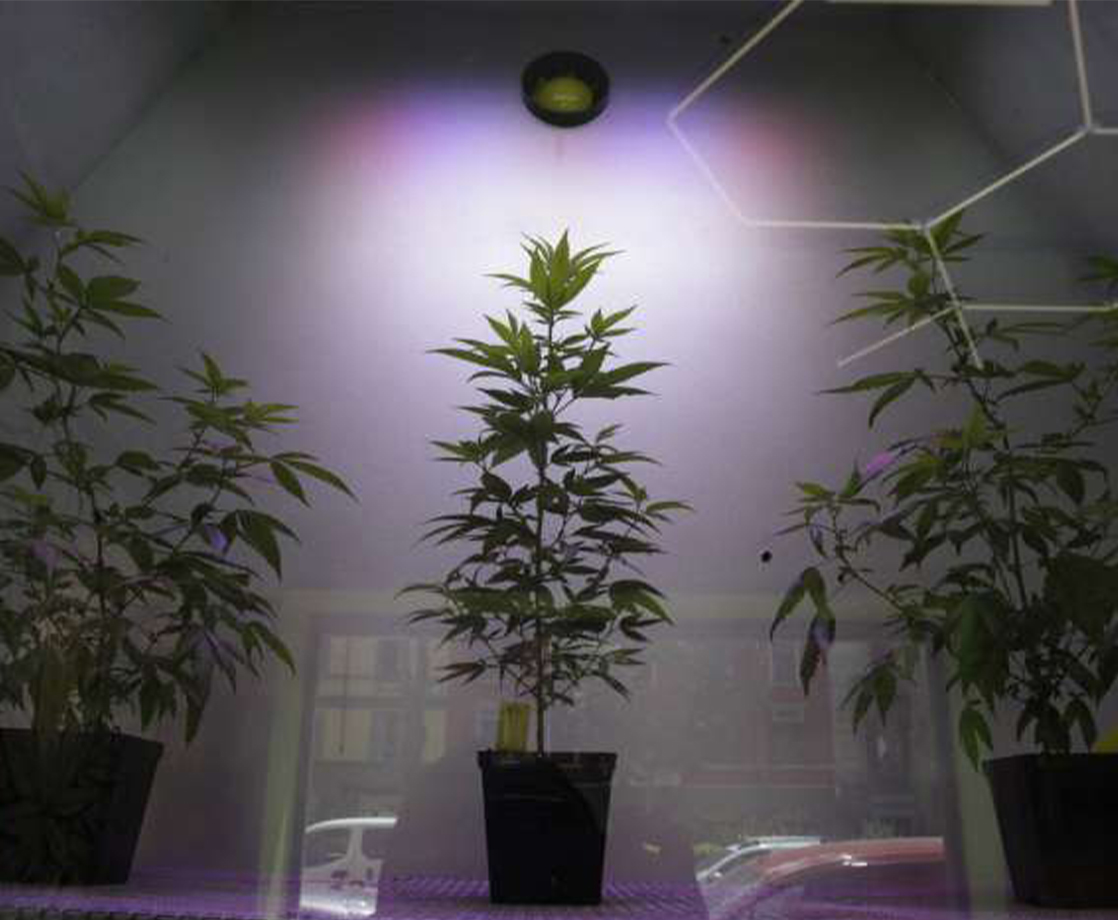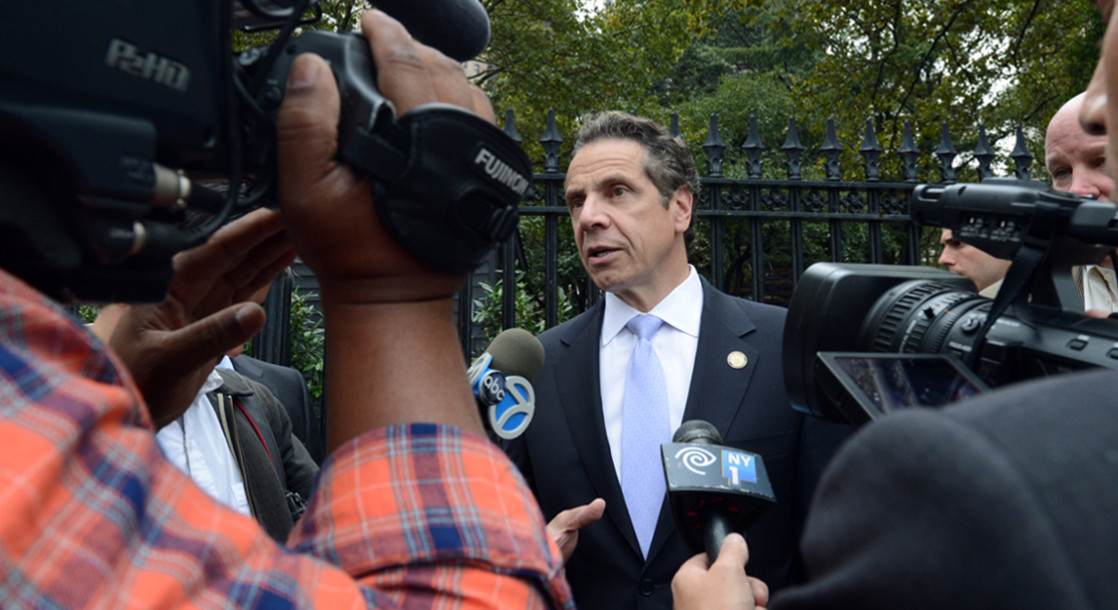Photo via
Cannabis has been legal in Maine for more than three years now, but that won’t stop state police from keeping their eyes on cannabis.
According to the Portland Press-Herald, a newly-introduced black market pot interdiction plan includes the creation of a four-person cannabis crime unit that’s specifically tasked with curtailing the state’s unregulated cannabis operators.
“We legalized a whole bracket of drugs and the vast majority of people are going to absolutely comply with that, but there will be those that push that limit,” Michael Sauschuck, commissioner of the Maine Department of Public Safety, told state lawmakers early this week. “As other states have seen, there is absolutely a time and place for enforcement.”
The problem is, despite years living under legalization, Maine doesn’t have a single operating adult-use dispensary. And to a number of legal weed advocates and insiders, Sauschuck’s assertion that the state needs a police force specifically tasked with cannabis crimes — before the state has even finished constructing its long-awaited recreational weed program — was a slap in the face.
“We do not want to see one additional person incarcerated for marijuana,” Mark Barnett, a Maine coffee shop owner who is applying to enter the legal weed industry, told the Herald. “It’s a move in the wrong direction and counter to the very idea of legalization.”
As the proposal is currently written, the four-person cannabis crimes unit would receive $649,000 in funding pulled directly from state marijuana taxes, and would be responsible for policing both the criminal and civil side of the illegal pot trade. On the criminal side, officials said the team would focus on underage sales, while the civil side would use fines and license suspensions to reign in any noncompliant actors in the legal market.
In a slew of research studies from across the legal weed landscape, underage cannabis use rates have routinely dropped after dispensaries open and begin regulating pot sales, but Sauschuck’s proposal to Maine legislators did not mention that point. Likewise, in a number of legal states, regulatory bodies perform their own license viewing requirements, underage purchasing attempts, and other compliance checks without requiring a full-time police unit.
And while a number of Maine lawmakers responded positively to the call for a cannabis police unit, others were not convinced. Those opposed argued that in the face of an ever-present opioid epidemic and constant budget woes, spending more money on cannabis criminalization was an unnecessary and lost cause.
“I thought we legalized cannabis,” Rep. Charlotte Warren, D-Hallowell, co-chair of the Criminal Justice and Public Safety Committee, said on Monday. “If we have spent a total of $33.2 million over just the time I’ve been in the legislature, why are we adding more agents for something that we actually legalized?”
Follow Zach Harris on Twitter











